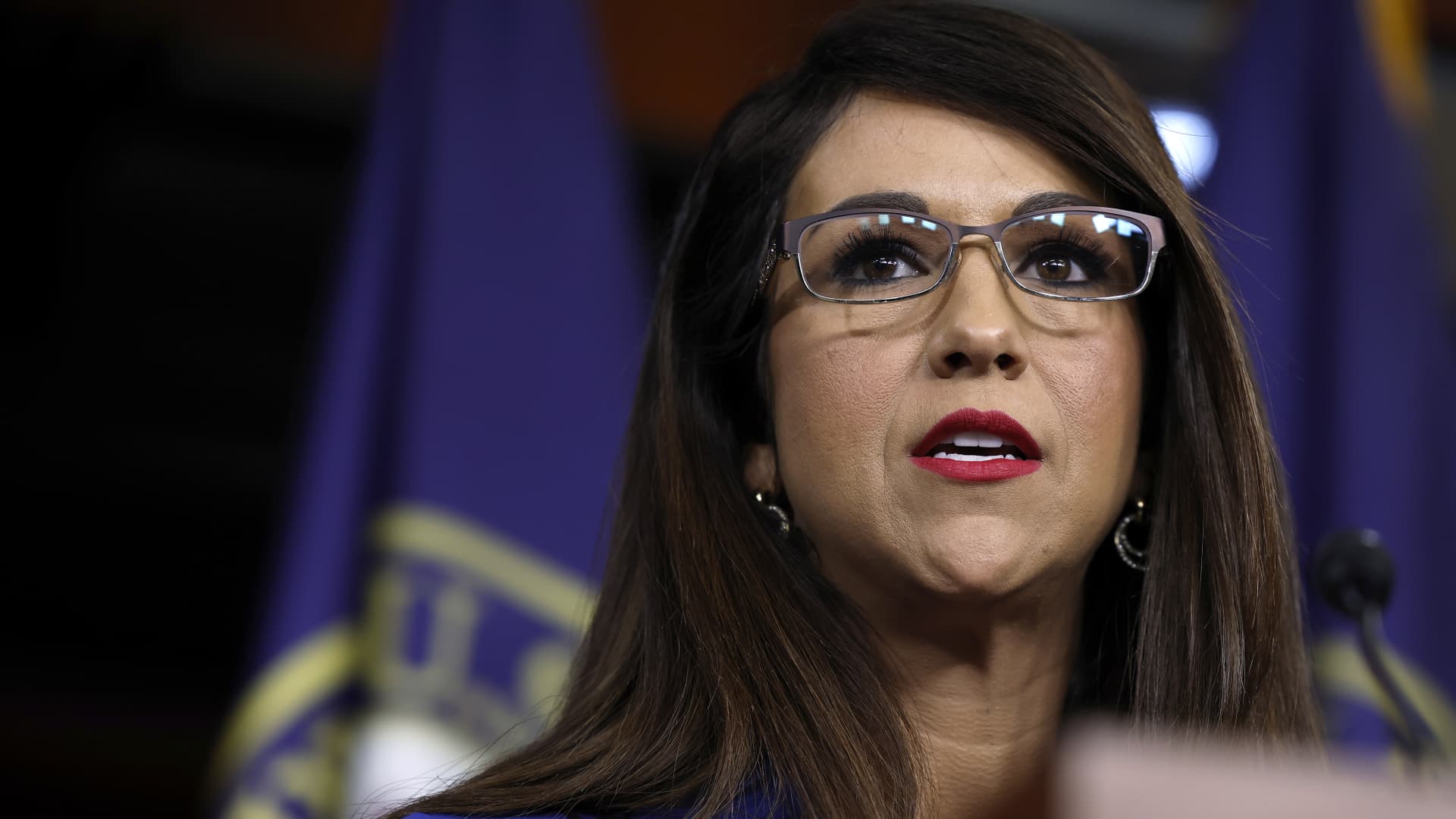WASHINGTON — A powerful bloc of U.S. House conservatives on Friday issued new demands that they said must be met before they would agree to vote to raise the debt ceiling.
The House Freedom Caucus list includes drastic cuts in federal spending, a return to Clinton-era work requirements for public assistance and an end to “federal regulations and subsidies” on domestic energy production, according to a one-page summary released by the group.
The demands go well beyond what other House Republicans have said they want, and threaten to upend talks later this year on a vote to raise the debt ceiling, currently set at $31.4 trillion. Unveiled at a press conference on Capitol Hill, the list suggests that the HFC may want to act as a separate faction, independent of Republican leadership, in the coming negotiations on the debt ceiling.
With 222 Republicans and 218 votes needed to pass legislation in the House, Speaker Kevin McCarthy’s path forward is complicated because he cannot afford to lose more than four members of his caucus on any given vote without Democratic support. The House Freedom Caucus, with around 45 members, represents more than enough votes to sink practically any piece of legislation unless McCarthy strikes a deal with Democrats.
The U.S. reached the current debt limit in January of this year, at which point Treasury Secretary Janet Yellen initiated a series of established steps, known as “extraordinary measures.” The moves allowed the government to continue borrowing money to meet its obligations.
The Congressional Budget Office estimates that the measures will be exhausted this summer, after which the United States could default on its debt, something without precedent in the nation’s history. Yellen has warned a default would cause widespread economic damage.
“Since 1789, the United States has always paid its bills on time. It must continue to do so,” Yellen told the House Ways and Means Committee at a hearing Friday morning.
“A default on our debt would trigger an economic and financial catastrophe,” Yellen told the tax-writing panel. “I urge all members of Congress to come together to address the debt limit — without conditions and without waiting until the last minute.”
President Joe Biden has so far refused to negotiate with Republicans on the debt ceiling. But he has left open the possibility of winning support in the House for a debt ceiling hike through negotiations on next year’s federal budget.
Biden released his 2024 federal budget Thursday. The 182-page document is widely viewed as the White House’s opening salvo in the debate with House Republicans.
The Biden budget would fund federal programs and lower the federal deficit by levying significant new taxes on the rich, including a 25% minimum tax on the wealthiest Americans. It would also raise taxes on oil and gas companies, hike the corporate tax rate to 28% and allow Medicare to negotiate drug prices.
Republican lawmakers panned the budget immediately. In a statement, McCarthy called it “completely unserious.”
But Republicans’ unanimous opposition to Biden’s budget is a long way from unison on a budget of their own.
House Budget Committee Chairman Rep. Jody Arrington, R-Texas, said Friday at the Ways and Means hearing that his committee’s budget process had been delayed by the administration’s timing.
But he pledged that the committee would produce a Republican budget plan that reflected the “vision” of the party.
Read more of CNBC’s politics coverage:






